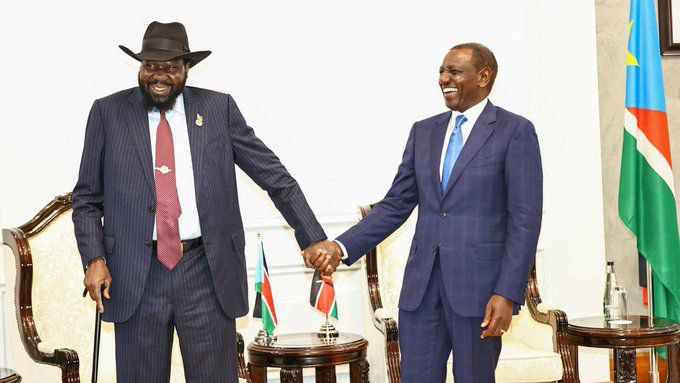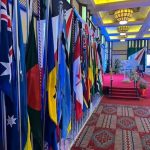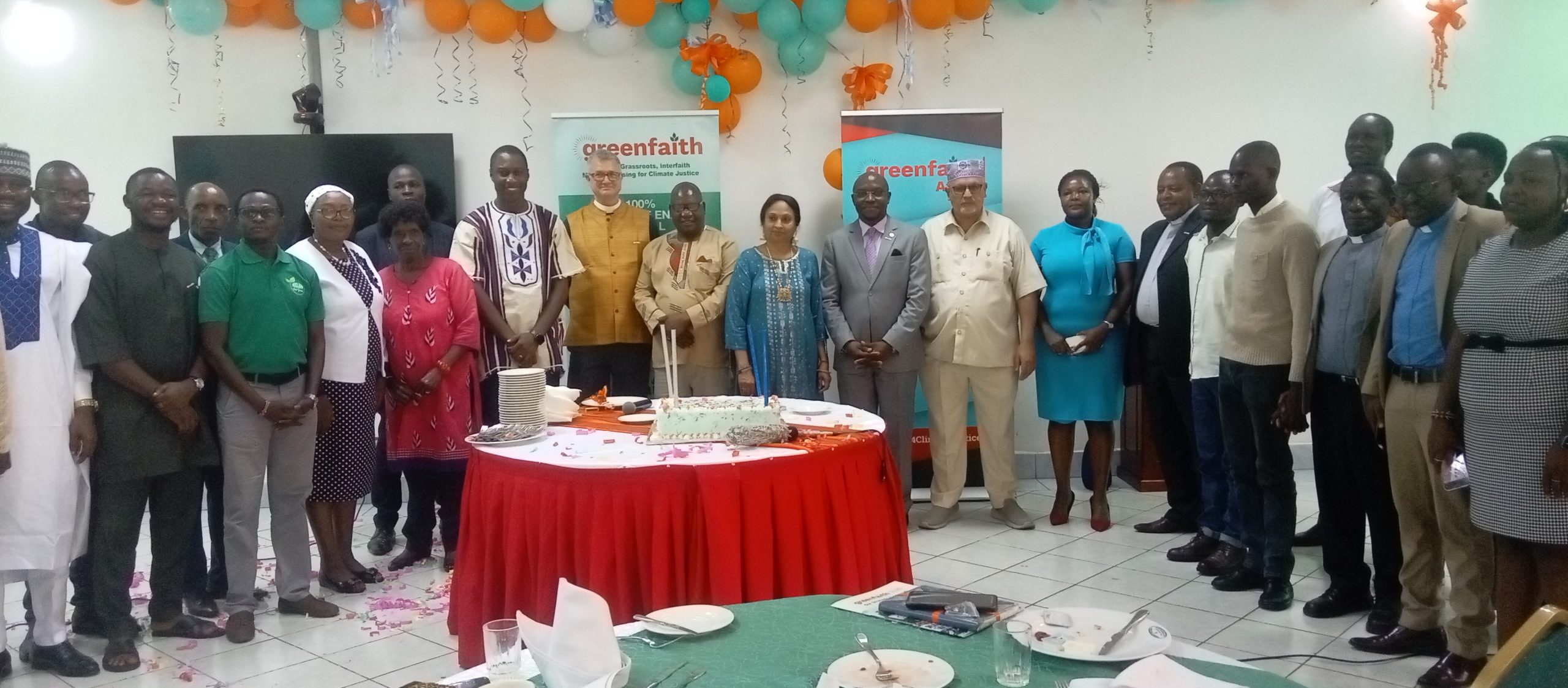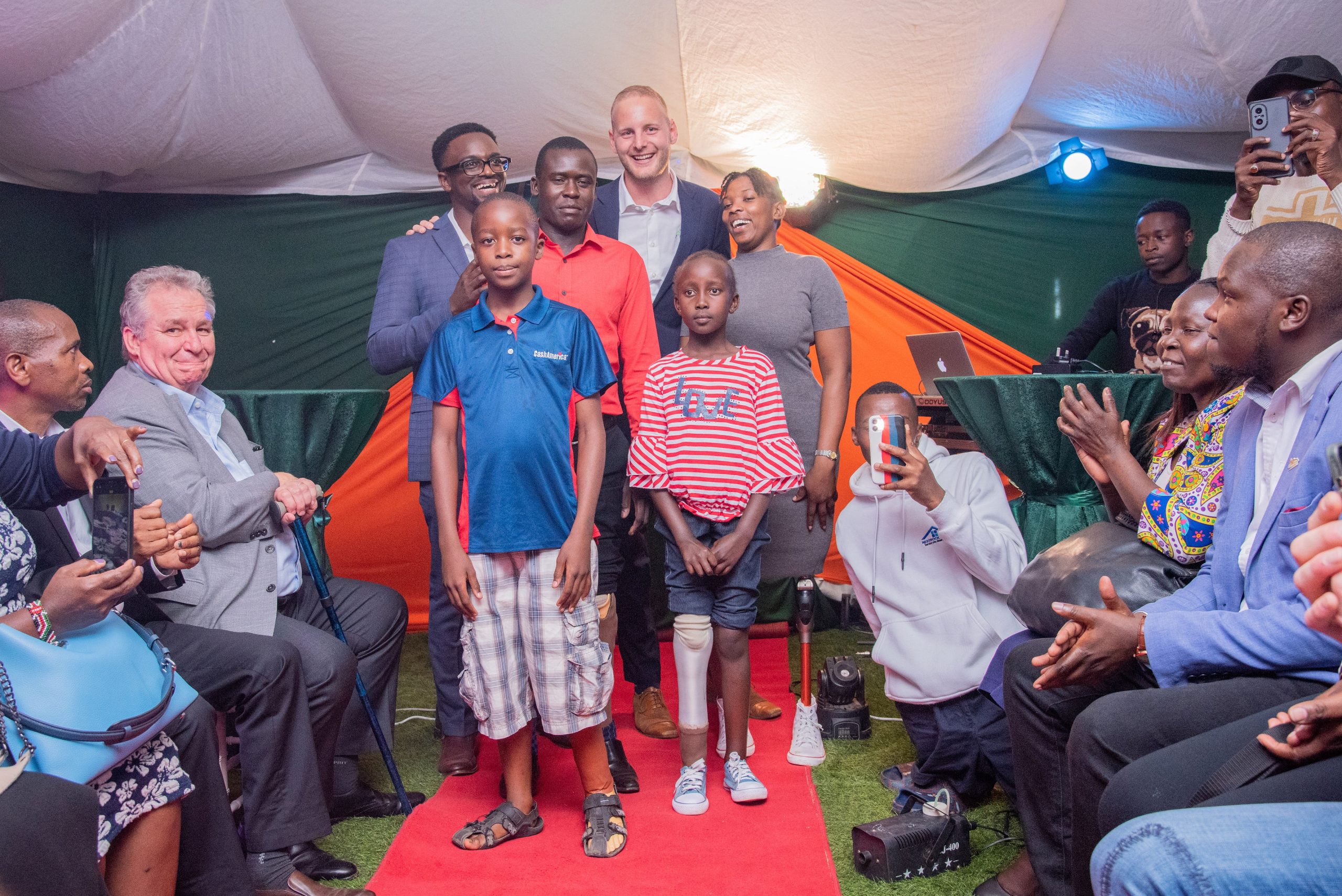By Eddah Waithaka
On Thursday May, the opposition to South Sudan’s transitional government came together to sign a pact aimed at resolving the differences that have led to widespread conflict that has claimed thousands of lives and caused significant disruption to livelihoods.
By signing the Declaration of the Tumaini Initiative, which means ‘hope’ in Swahili, both parties committed themselves to supporting initiatives aimed at cessation of hostilities and the promotion of inclusive development in South Sudan..
The signing event in the Kenyan capital, Nairobi, brought together senior government officials, diplomats, opposition groups, civil society members and bilateral partners to witness the commitment to the peace process in South Sudan.
The chief mediator General (Rtd) Lazarus Sumbeiywo directed the immediate commencement of the negotiations even as he urged the two parties to embrace the spirit of reconciliation.
“We are now asking each of the parties to select two members to meet starting this afternoon (Thursday) to flash out points of differences by tomorrow midday,” he said.
“You will look through what the parties presented and the four members of the secretariat to form the rapporteurs. From then we will start meditating on the agenda,” he added.
Also Read:https://switchmedianews.wordpress.com/2024/05/15/civil-society-leaders-strategize-on-the-implementation-of-the-pbo-act-2013/
Leah Nyamu, Director of Peace and Security at the Ministry of Foreign Affairs, said the discussion would focus on “key issues such as justice, governance and security”.
This comes as South Sudan commemorates the day the second civil war began on 16 May 1983.
According to Médecins Sans Frontières (MSF), which provides humanitarian aid in the war-torn country, an estimated four million people have died, while thousands have been left homeless and neighbouring countries such as Kenya have seen an influx of refugees fleeing the violence.
“It is time to put an end to the violence that has torn communities apart and caused enormous suffering,” he said, urging the warring factions to “negotiate in good faith, on a sustained and continuing basis.
He expressed confidence in the peace process, saying it was inclusive, with representatives of opposition groups, youth organisations, women’s associations and civil society organisations pledging their support and commitment to the mediation process.

Albino Mathom, the head of the South Sudanese government delegation, said the mediation talks, which culminated in the signing of the Declaration of Commitment to the South Sudan Peace Process, reaffirmed the vitality of home-grown initiatives to address regional conflicts.
Mathom added that given the disasters that civil war has brought to South Sudan over the past four decades, leaders and ordinary citizens are committed to closing this painful chapter and building a future of hope, peace and justice.






